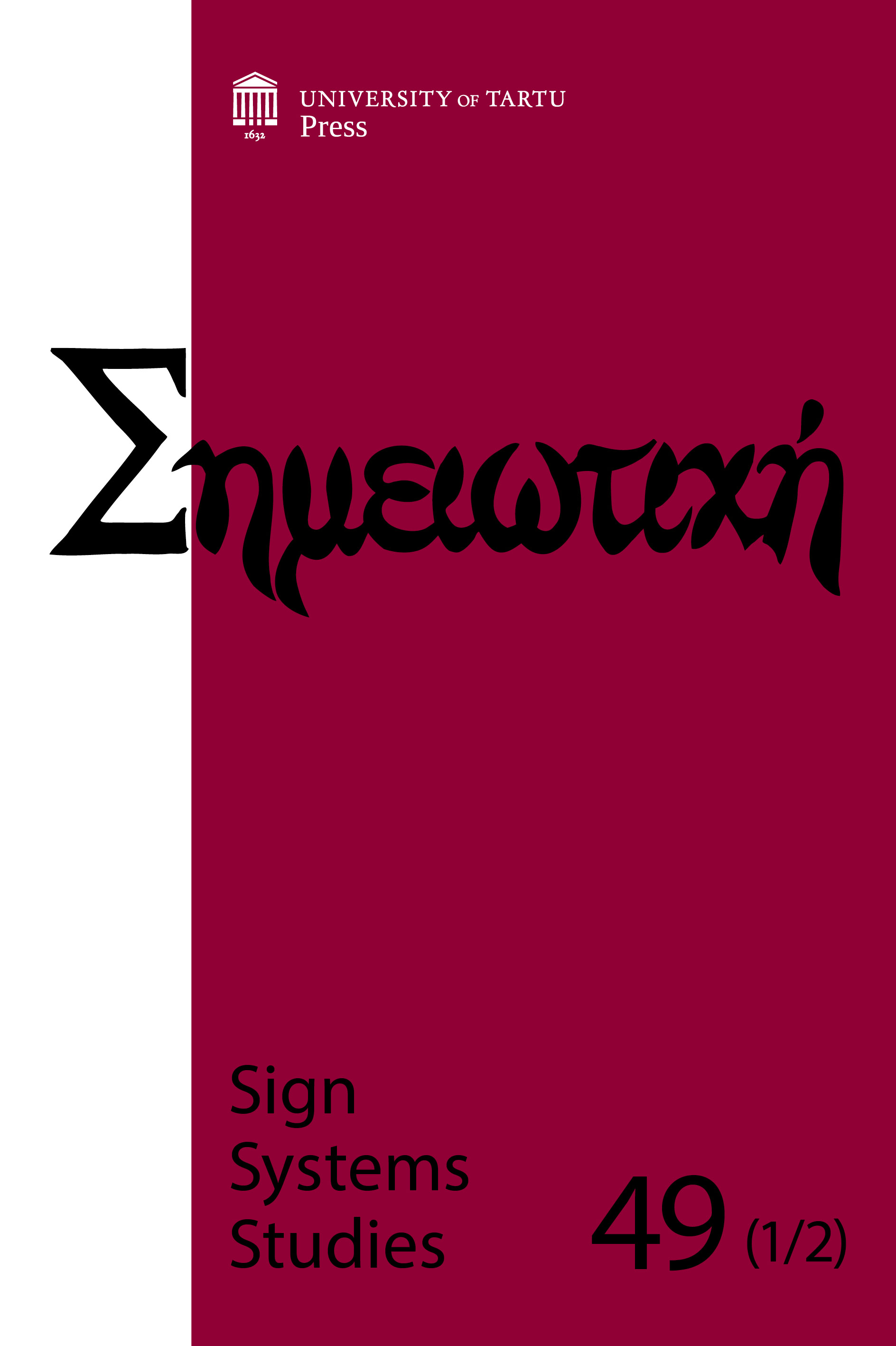Narratives and the semiotic freedom of children
DOI:
https://doi.org/10.12697/SSS.2021.49.1-2.09Keywords:
Convention on the Rights of the Child, semiotic freedom, narrativity, conversation, fiction, narrative traditionsAbstract
Both adults’ habits-of-thought and their understanding of children’s stories shape how adults interpret children’s participation in conversations. In the light of the requests on children’s rights that follow from the Convention on the Rights of the Child (CRC) this paper stresses the relevance of authorities having semiotically informed knowledge on children’s meaning-making within conversations with adults. In Article 12, the CRC stipulates the right of children to participate in and to be heard about decisions that affect their everyday lives. According to the same Article, however, these rights can be restrained, based on the authority’s judgements of the child’s age and maturity. Sociological studies have highlighted the importance of adopting the child’s perspective in judging matters that concern her. The present paper further suggests that narrow conceptualization of the sign can help one to observe different levels of meaning in adults’ and children’s conversations better. Although Paul Ricoeur did not investigate children’s narratives per se, his theory of narratives and narrativity offers a phenomenological approach to development that allows for better theoretical discriminations of narrative as a semiotic resource, and can thus assist adults in truly listening to children.


